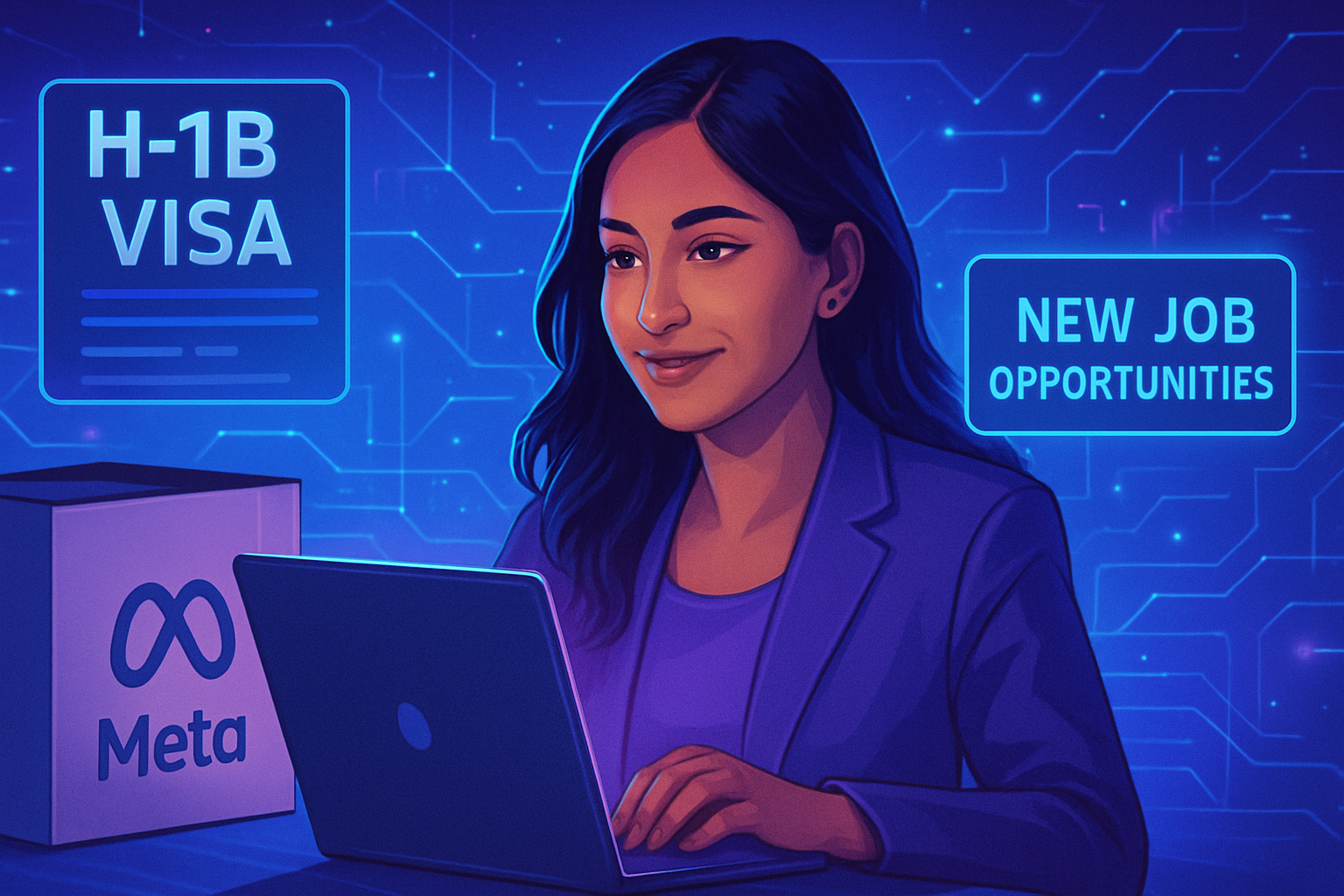Response of Tech Leaders
The recent reaction from Elon Musk and Mark Zuckerberg has sparked a vigorous debate on freedom of expression. The two billionaires, emblematic figures in technology, criticize European regulation which they deem excessively restrictive. Musk, owner of X, refers to attacks on freedom of expression under the pretext of content moderation.
Mark Zuckerberg, head of Meta, has also expressed reservations regarding European laws which, according to him, hinder the proper functioning of social platforms. The statements from both men aim to question the legitimacy of the measures introduced by the European Union, such as the Digital Services Act (DSA).
The Digital Services Act and Its Implications
The DSA aims to establish a rigorous legal framework for regulating content on social media. This legislation is designed to curb misinformation as well as protect users from hateful content. However, Musk and Zuckerberg believe that these rules can create an unacceptable atmosphere of censorship. They argue that the free flow of ideas must take precedence over online safety concerns.
The Minister Delegate in charge of artificial intelligence and digital affairs, Clara Chappaz, strongly contests this view. In an interview, she urged the European Commission to strictly enforce the regulations, claiming that they are essential for ensuring a healthy digital environment.
Relationship with the Public and Responsibility
The statements from the two men raise questions about their responsibility towards users. By claiming their intention to uphold freedom of expression, they may inadvertently expose the platforms to abuse. Musk, in particular, has intensified his presence on X to influence public opinion and align himself with controversial political groups, including EU far-right factions.
The issue of content moderation thus becomes more complex. Technology companies must find a balance between detecting misinformation and respecting their users’ rights to free expression. The fact-checking measures, once used by Meta, are now being called into question in light of the company’s new policies.
Perspectives on the Future of Social Media
As these tensions rise, observers wonder what the future of social media will be. The perception of freedom of expression is undergoing a significant transformation, and new regulations could redefine how platforms interact with their users. The alarm raised by Chappaz regarding Meta’s shift in information verification fuels fears of increased deregulation.
Users find themselves in a delicate position. The need to protect their rights and ensure an online environment free of harmful content is paramount. The EU, through the DSA, is attempting to balance these issues, while tech giants choose paths that could jeopardize this equilibrium.
Reactions from the European Union
In the face of these provocations, the European Union remains firm in its approach. Clara Chappaz’s response, urging the Commission to strengthen the enforcement of laws, reflects a commitment to solidify regulation against those that could reignite a cycle of misinformation. In the current context, invoking a purported absolutism regarding freedom of expression could conceal less noble objectives from the leaders of major technology companies.
The dynamic between regulation and innovation is essential for the sustainability of the digital ecosystem. The stakes are high, and future developments could determine the role of major technology firms in the global public and political discourse.
Frequently Asked Questions about Responses from Elon Musk and Mark Zuckerberg Regarding Freedom of Expression
What was Elon Musk’s reaction to criticisms regarding freedom of expression on social media?
Elon Musk has raised concerns about the regulation of freedom of expression, arguing that certain laws might constitute a form of censorship against dissenting opinions.
Did Mark Zuckerberg also comment on freedom of expression laws in Europe?
Yes, Mark Zuckerberg defended Meta’s moderation practices, stating that the new European regulations would be detrimental to the free exchange of ideas and discussions on social platforms.
What arguments do Musk and Zuckerberg present to legitimize their position on freedom of expression?
They argue that freedom of expression is essential for democracy and that government interference in the functioning of social media could lead to unjustified censorship of important voices.
Are Musk and Zuckerberg’s critiques limited only to the European Union?
No, their critiques also concern other regions where they believe regulation threatens freedom of expression, extending to broader political issues.
How do European laws affect moderation on social media according to Musk and Zuckerberg?
They contend that these laws could force platforms to restrict the content they host, which could harm the authenticity of discussions and users’ ability to express themselves freely.
What repercussions could this have for social media users?
Users might face a decrease in the variety of available opinions, increased moderation of the content they share, and restrictions on certain types of speech.
Do Musk and Zuckerberg’s statements influence public opinion on freedom of expression?
Yes, as influential figures in technology, their statements can shape public opinion and spur significant debates on content regulation on online platforms.






